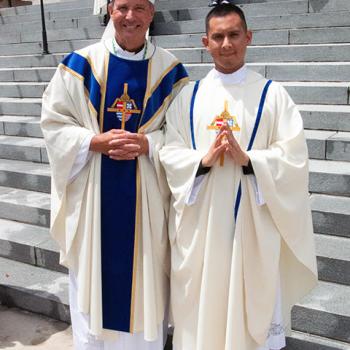The notions of lifestyle consumption and carbon offset do not exhaust the discussion of large families and the environment, of course. When I posed the question to my brother Brigham Frandsen, an economist—do large families have the social duty to hew to higher environmental standards?—his first response was that standard economic models aren't yet well-suited to providing an answer. What economics can suggest, he continued, is that in terms of environmental externalities, the optimal economic policy would rather see a large family have an additional child than a small one! "If it's a good idea for anybody to have another child," he argued, "then it's certainly a good idea for a large family to have another one (environmentally speaking anyway—we care about other things as well, like parents' sanity and attention per child and household living conditions, etc.)."
This still dodges the ethical question, though, as is the adroit habit of economists. The question remains far from settled. In the meantime, I'll continue my weak defense of an informal, voluntary carbon offset for large families, fully acknowledging both the empirical limitations of any offsetting behavior, and the philosophical limitations of the notion of family as consumer good. If nothing else, it communicates my outrageously conflicted, inevitably hypocritical, and deeply compelling values to my children and to the social tides that swirl around me. As for my children, they are the most beautiful carbon emissions I've ever made. I'll take a triple order of these footprints, please.





